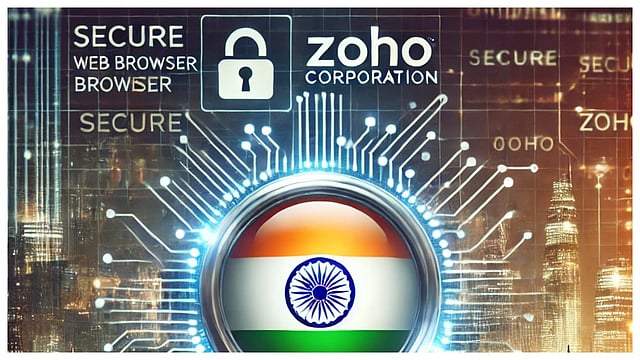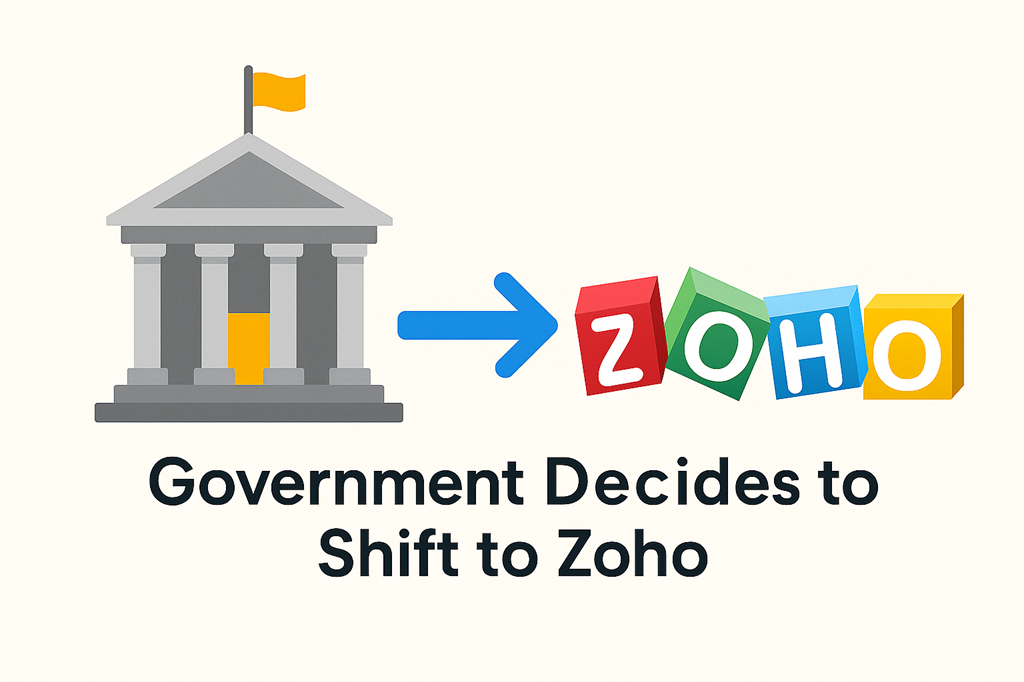In a landmark step toward technological self-reliance, the Indian government has successfully migrated over 1.2 million official email accounts — including those under the Prime Minister’s Office (PMO) — from the National Informatics Centre (NIC) system to an indigenous platform developed by Zoho Corporation, a Tamil Nadu-based software company.
A Swadeshi Tech Milestone
The Union Ministry of Education announced that the transition marks a major milestone in India’s Digital Sovereignty and Atmanirbhar Bharat mission.
“By embracing Zoho’s indigenous office productivity tools, we are taking a bold step in the Swadeshi movement—empowering India to lead with home-grown innovation, strengthen digital sovereignty, and secure our data for a self-reliant future,” the ministry stated.
This integration brings Zoho’s full office suite into the NIC email ecosystem, encouraging Central government employees to adopt Indian-made digital tools for daily operations.
Why the Shift Was Needed
Officials revealed that the move aims to eliminate dependence on open-source and foreign office software that might expose sensitive government data to cyber threats. Though Zoho’s suite had been available earlier, it wasn’t fully utilized—until now.
A senior IT official clarified that while the official domains (@nic.in, @gov.in) remain unchanged, data hosting and processing are now handled on Zoho’s secure cloud infrastructure. The company was awarded a seven-year government contract in 2023 after a competitive tender process.
Ensuring Security and Oversight
Given the sensitivity of government communication, multiple agencies — including NIC, CERT-In (Computer Emergency Response Team-India), and Software Quality Systems (SQS) — rigorously tested Zoho’s platform before the rollout.
“We have ensured that all government data remain safe, secure, and compliant with national security protocols,” an official assured.

Cybersecurity Lessons from AIIMS Ransomware Attack
The decision follows the 2022 ransomware attack on AIIMS Delhi, which crippled hospital services for weeks. In response, the Digital India Corporation (DIC) initiated a tender to strengthen cybersecurity and migrate critical digital infrastructure to trusted private cloud partners — Zoho being one of them.
Experts Welcome Move, Stress Encryption
Former IAS officer K.B.S. Sidhu praised the government’s push for domestic solutions but urged caution.
“There is no objection to promoting an Indian suite like Zoho. However, robust end-to-end encryption and independently audited local data centers are vital to protect sensitive national communications,” he said.
Zoho’s Promise: Privacy Above All
Sridhar Vembu, Zoho’s Founder and CEO — and a member of the National Security Advisory Board (NSAB) — reaffirmed the company’s dedication to user privacy.
“Our business is built on trust. We do not access customer data or use it for marketing. End-to-end encryption is being implemented, and we will continue to earn the trust of every user globally,” Vembu posted on X (formerly Twitter).
A Step Toward Digital Bharat
The migration symbolizes a major shift in India’s digital governance strategy, aligning with the nation’s push to localize technology, enhance cybersecurity, and reduce reliance on foreign software ecosystems.
While experts emphasize the need for strong encryption and periodic audits, the move has been widely seen as a defining moment in India’s journey toward technological sovereignty and a secure digital future.


